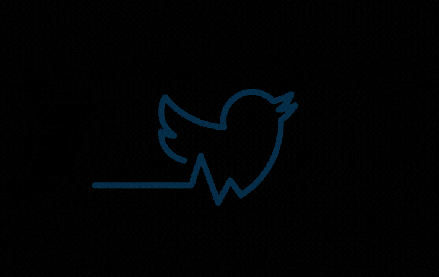
This week the advertising world takes over Manhattan for Advertising Week. Digiday editors are moderating several sessions during the week. We will also cover the highlights, lowlights and key personalities. Our coverage is made possible by Specific Media.
Mobile is a huge question mark for brands, publishers and agencies.
New research from AOL and BBDO challenges conventional wisdom that mobile is all about utility-on-the-go. After all, 68 percent of people use their smartphone at home. The study, conducted by research firm InsightsNow, found that nearly half of smartphone use is for “me time,” ie, vegging on the couch. Additionally, 70 percent of this behavior is during lean-back experiences, like watching television.
“That gave us a big breakthrough,” said Simon Bond, CMO at BBDO. “Mobile is not always mobile.”
According to the study, advertisers and brand experiences don’t perform very well in that me time. Very often, brands brief agencies about geolocation or building utility as their mobile play. Instead of this approach the study implies conversation should shift away from spending money on the mobile aspect of mobile.
“We have to retrain ourselves as advertisers, marketers and publishers that mobile is not mobile-on-the-go,” said Christian Kugel, vp of consumer analytics and research at AOL. “So much happens at home, and that has a real fundamental implication in reforming the industry.”
Image via Shutterstock
More in Marketing

Ahead of Euro 2024 soccer tournament, brands look beyond TV to stretch their budgets
Media experts share which channels marketers are prioritizing at this summer’s Euro 2024 soccer tournament and the Olympic Games.

Google’s third-party cookie saga: theories, hot takes and controversies unveiled
Digiday has gathered up some of the juiciest theories and added a bit of extra context for good measure.

X’s latest brand safety snafu keeps advertisers at bay
For all X has done to try and make advertisers believe it’s a platform that’s safe for brands, advertisers remain unconvinced, and the latest headlines don’t help.





